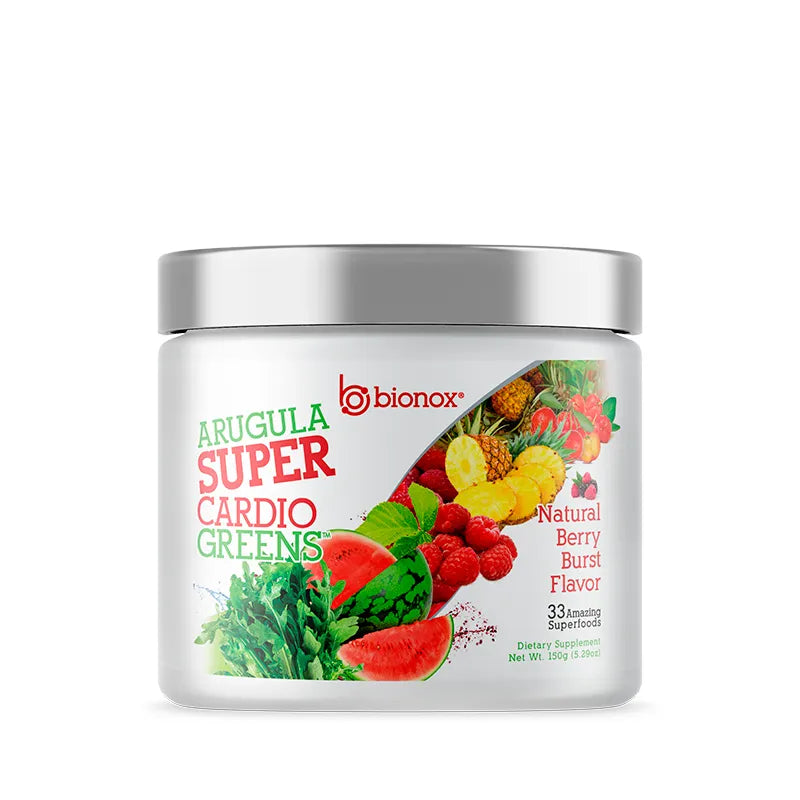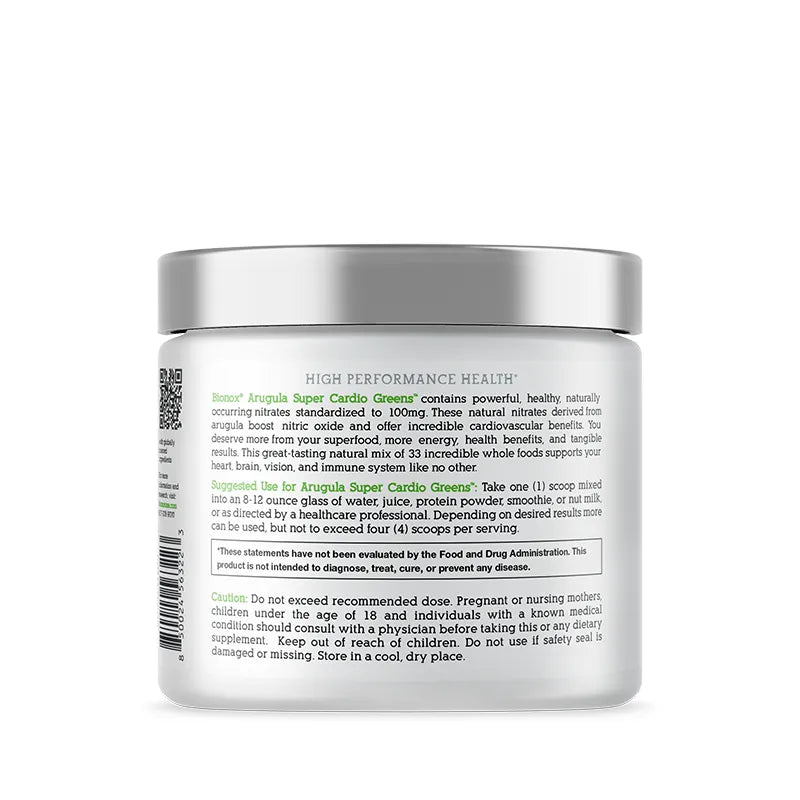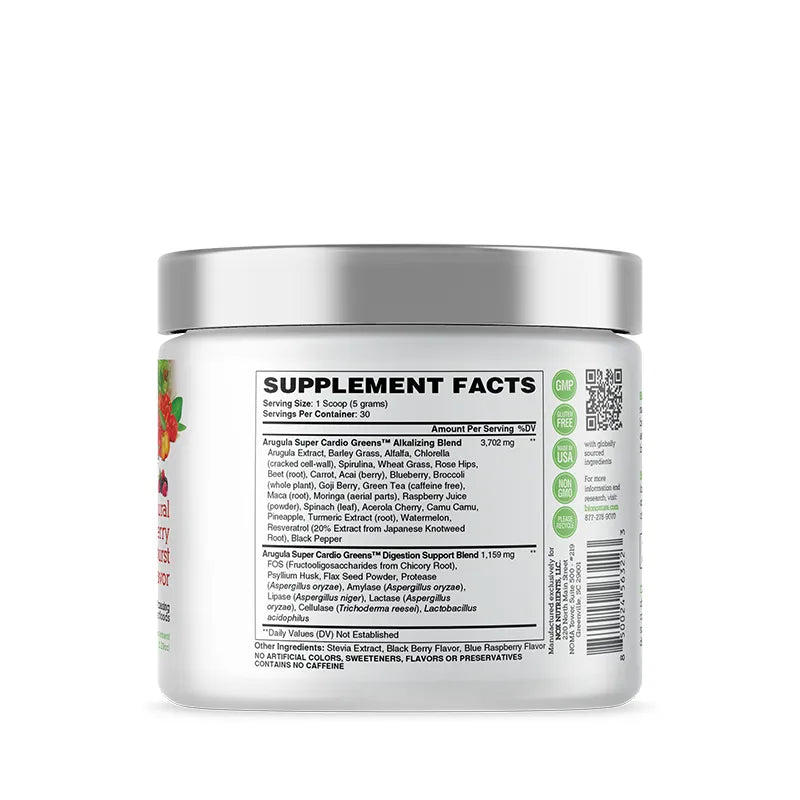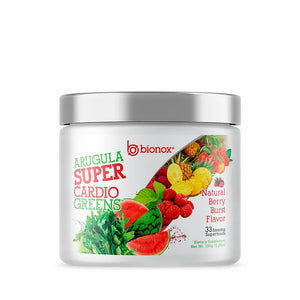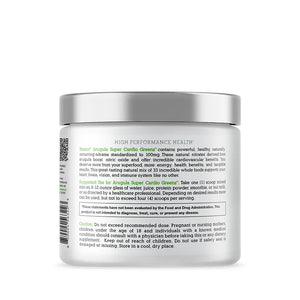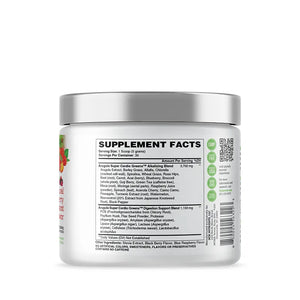Nitrates are compounds that can be naturally found in many vegetables and benefit human health. When nitrates from vegetables are consumed, they are converted into nitric oxide in the body, which can help to relax blood vessels, lower blood pressure, and improve blood flow. A study published in the American Journal of Clinical Nutrition found that a high-nitrate diet rich in leafy green vegetables was associated with significantly decreasing blood pressure in individuals with hypertension (Kapil et al., 2010).
While there is limited research specifically on the effects of nitrates on immune function, a study published in the Journal of Nutrition found that consumption of a high-nitrate diet improved immune function in older adults (Clifford et al., 2017). The study authors suggested that the beneficial effects may be due to the conversion of nitrates to nitric oxide, which can have anti-inflammatory effects.
On the other hand, nitrates added to processed meats such as bacon, ham, and hot dogs have been shown to increase the risk of certain diseases, including cancer. When nitrates are consumed in large amounts from processed meats, they can be converted into harmful compounds called nitrosamines. Nitrosamines are known to be carcinogenic, meaning they can increase the risk of cancer. A systematic review and meta-analysis published in the International Journal of Cancer found that consuming processed meats was associated with an increased risk of colorectal cancer. The risk increased with higher consumption of processed meats (Chan et al., 2011).
In summary, nitrates in vegetables can benefit human health when consumed, while nitrates in processed meats should be consumed cautiously to reduce the risk of harmful health effects.
References:
- Kapil, V., Khambata, R. S., & Webb, A. J. (2010). The oral nitrate-nitrite pathway in hypertension and cardiovascular disease. American Journal of Clinical Nutrition, 90(3), 785S-788S.
- Chan, D. S., Lau, R., Aune, D., Vieira, R., Greenwood, D. C., & Kampman, E. (2011). Red and processed meat and colorectal cancer incidence: meta-analysis of prospective studies. International Journal of Cancer, 128(6), 1411-1423.
- World Health Organization. (2015). Q&A on the carcinogenicity of the consumption of red meat and processed meat. Retrieved from https://www.who.int/features/qa/cancer-red-meat/en/
*These statements have not been evaluated by the Food and Drug Administration. This product is not intended to diagnose, treat, cure, or prevent any disease.

